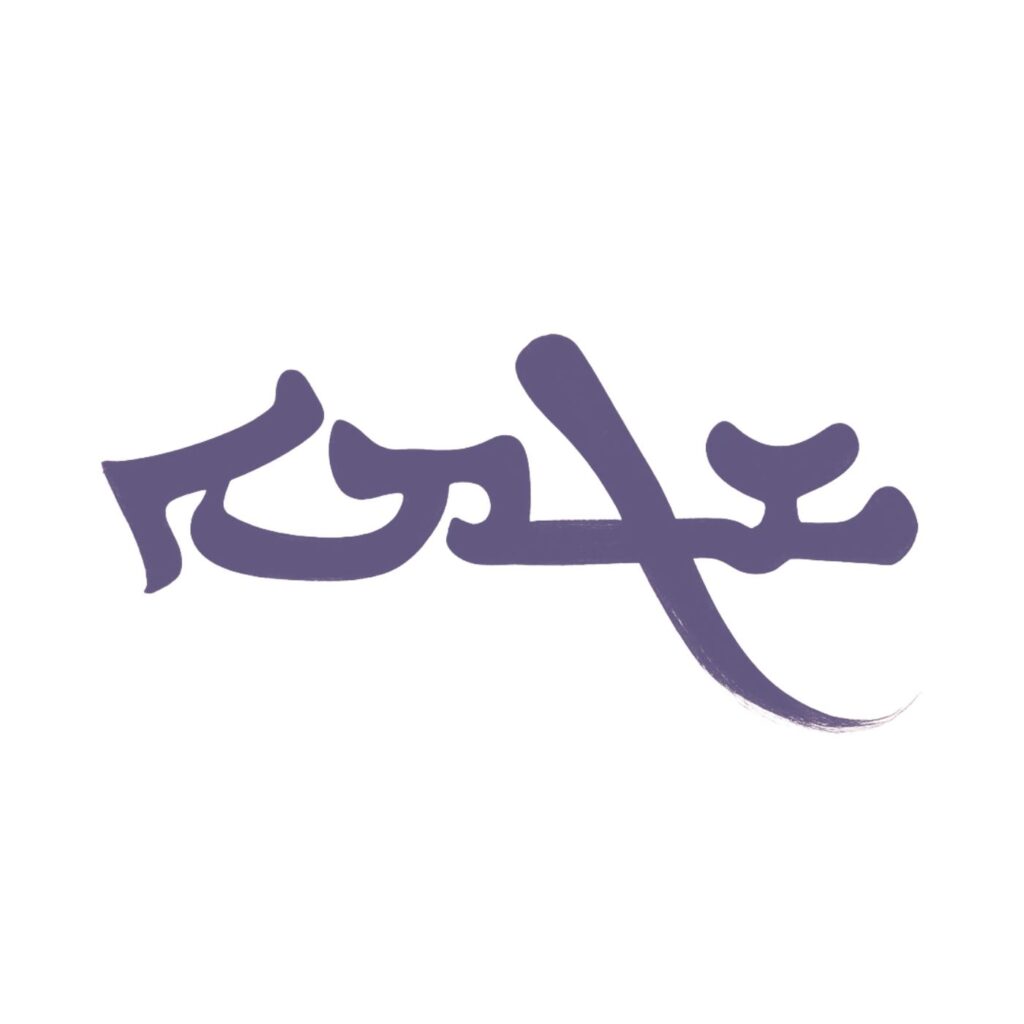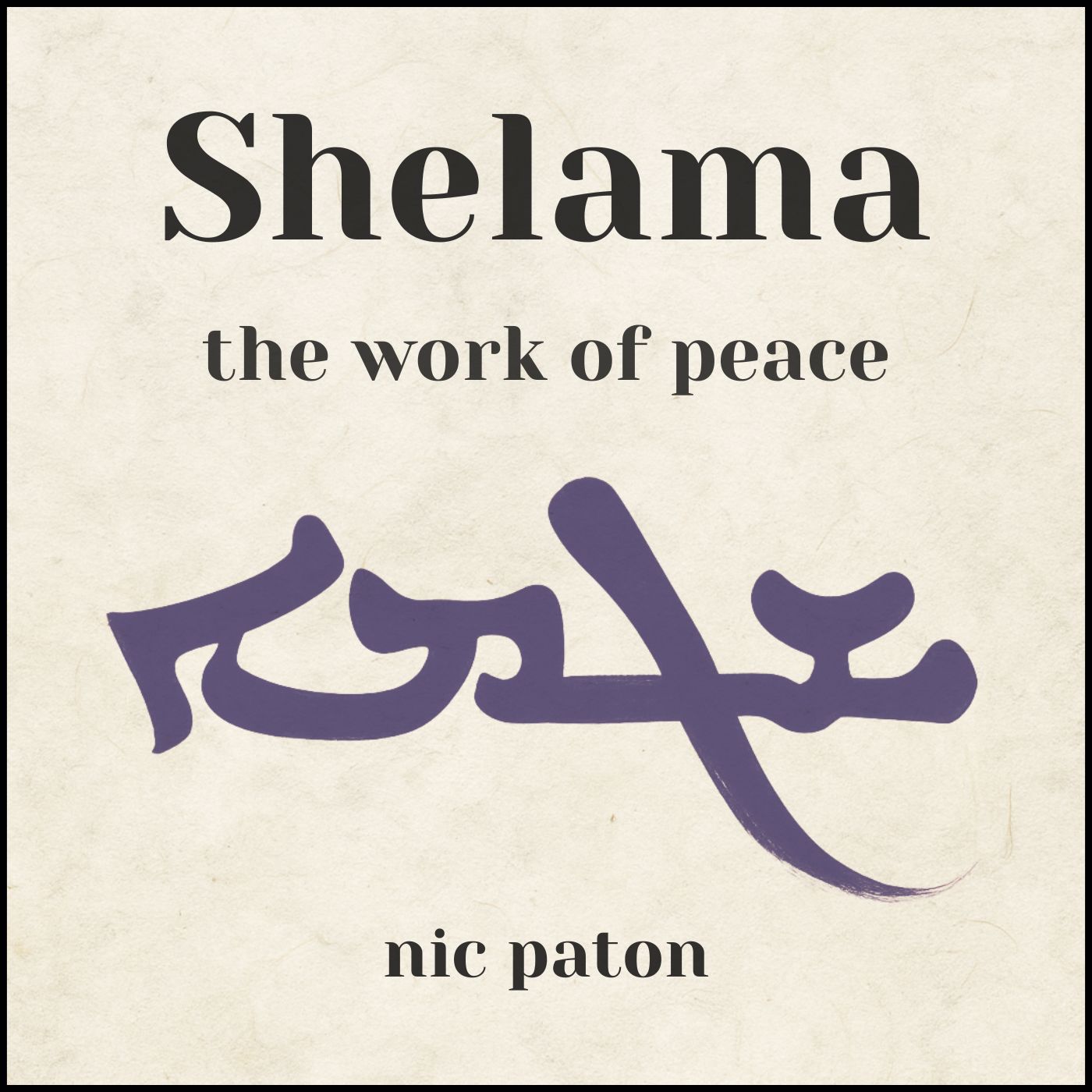“Shelama: The Work of Peace” features songs, chant and spoken word exploring sayings of Yeshua (Jesus) through reconstructions of his indigenous Aramaic language. It is an experimental collection bringing life to perennial truths in an ancient dialect.
Shelama (šəlāmā, or in the Syriac ܫܠܡܐ), is Peace. This is not merely the absence of war, but rather a full spiritual presence of inner, communal and cosmic wholeness. Its Semitic root Š-L-M, relates closely to the Hebrew Shalom and the Arabic Salaam.
In many spiritual traditions, sound is in itself sacred; this is especially true of Semitic spirituality. Participation through hearing and chanting these sounds can renew our relationship to the timeless, poetically charged truths of the gospel. Sound itself can only live in the present moment.
Words can be spoken, or written down. Most Christian theology centres on what has been written. Moreover, it emphasises Greek texts as primary. However, there exist alternative traditions which claim the Aramaic should be our primary reference point, in both the written, and especially the spoken.
Ludwig Wittgenstein said “The limits of our language are the limits of our world”. By engaging the reconstructed Aramaic, we move beyond the limitations of text-based religion while still focusing on the core message of the gospel. Using a more sound-oriented and mystical ear we can hear and see beyond habitual thought patterns and dead-letter dogma. We can transcend layers of tired tradition that hold us back from the edges of our collective and individual growth.
Song is a key medium of our times, and “Shelama” brings together words and music using traditional instruments, including many eastern ones. The production further utilises newer technologies, especially with voices. These have been enhanced with new and exciting innovations, and help us to achieve what was not previously possible.
The work of Shelama – peacemaking – is perhaps the most important work in the world today. It addresses many root causes of the ills of the 21st century, disconnection, separation, and fear of the other.
By focusing on ancient spiritual traditions, and using our imagination and ingenuity, we are invited expand our limits. We are invited to explore, synthesise and reconstruct perennial truths bringing together language, history, prayer and music.
I am indebted to several people including:
- Dr. Neil Douglas-Klotz for his books and his lifetimes work on not just reviving an ancient dialect, but extending our spiritual imagination considerably. Please take a look at his Abwoon Network for a deep and generous list of resources.
- Rev Dale Allen Hoffman, Aramaic wisdom keeper and a fearless explorer of the spirit whose practical guidance in intoning the Aramaic language has helped unlock my own journey.

